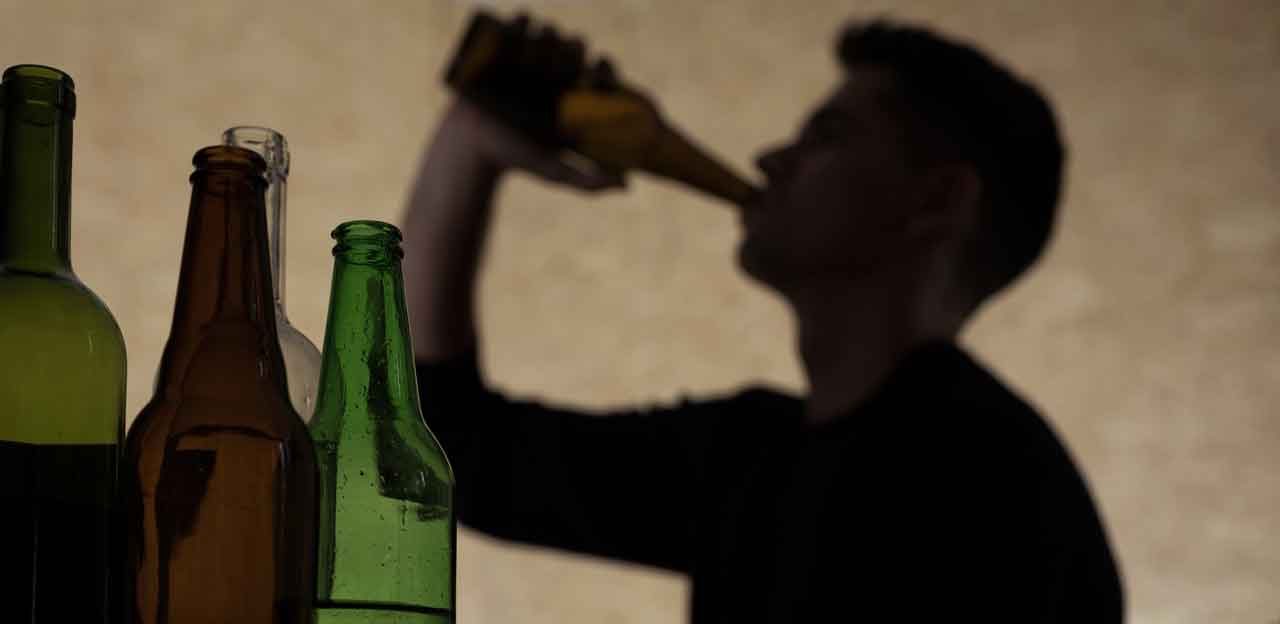Teen Lying Linked to Signs of Alcohol Abuse

Teenage lying could be one of the signs of alcohol abuse. Here’s what you can do to help kids avoid long-term effects of alcohol abuse.
Underage drinking is a serious public health problem in the U.S., according to the National Institute on Alcohol Abuse and Alcoholism. Youngsters between the ages of 12 and 20 drink 11 percent of all alcohol consumed in the country, and 90 percent of their drinking is the most dangerous kind — binging on booze. The result can be health problems, accidents, trouble in school, and even death, according to the National Institute on Alcohol Abuse and Alcoholism (NIAAA).
Unfortunately, parents can be fooled about their teens alcohol abuse if their kids are good liars, and many are. While it’s not unusual for youngsters to fib to their moms and dads on occasion, a joint study by a research team from New York University and the National Research University Higher School of Economics (HSE) in Russia, found adolescents who frequently lied were more likely to be drinking alcohol than teens who are usually truthful.
YOU MIGHT ALSO LIKE: The Best Ways to Stop Kids from Binge Drinking
Unfortunately, the researchers noted, it can be hard to tell if someone is lying, and teens who habitually lie have often mastered the skills of fooling parents so they can hide their real activities, including drinking, from adults.
The research team studied more than 4,000 U.S. seventh and eighth graders, along with their moms. Complete anonymity was guaranteed to the youngsters who listened to audio recordings of questions about their drinking habits, where they hid information from their parents, and their relationship with their mothers and fathers.
The researchers also investigated the socio-demographic factors (like education level, income level, parents’ marital status, and occupation) of the youngsters’ families and examined whether the children and their parents had an open and trusting relationship — especially whether there were known instances of children lying and hiding information.
The results of the study, published in the Journal of Adolescence, revealed lying to parents was a top risk factor for teen alcohol abuse. The teens (especially the boys) who had friends who regularly indulged in alcohol were those most likely to lie to their parents and drink behind their backs. And the youngsters who lied were far more likely to be habitual drinkers and were deemed to be at high risk for future alcohol addiction, compared to youngsters who reported they tended to be truthful with their moms and dads.
This research also showed trusting and warm relationships between parents and kids lowered the odds teens would lie to adults and develop a drinking problem. Adolescents who reported their parents were supportive and loving were more likely to share truthful information with their mothers and fathers.
The researchers noted that earlier studies focused on parental supervision of teens to prevent alcoholism. But, it turns out, excessively checking up on kids doesn’t work to prevent unhealthy habits like alcohol abuse. Instead, the teens with controlling parents tended to lie the most.
"Adolescence is the age at which children in our societies work hard to develop their skills of autonomy," said researcher Victor Kaploun, HSE associate professor of sociology. "In a situation where trust is absent from the relationship between parents and their teenage children, the latter might consider both lying and drinking as acceptable practices for developing autonomy skills. This is why such behaviors are interconnected, while excessive parental control can be counterproductive."
Updated:
February 27, 2020
Reviewed By:
Christopher Nystuen, MD, MBA